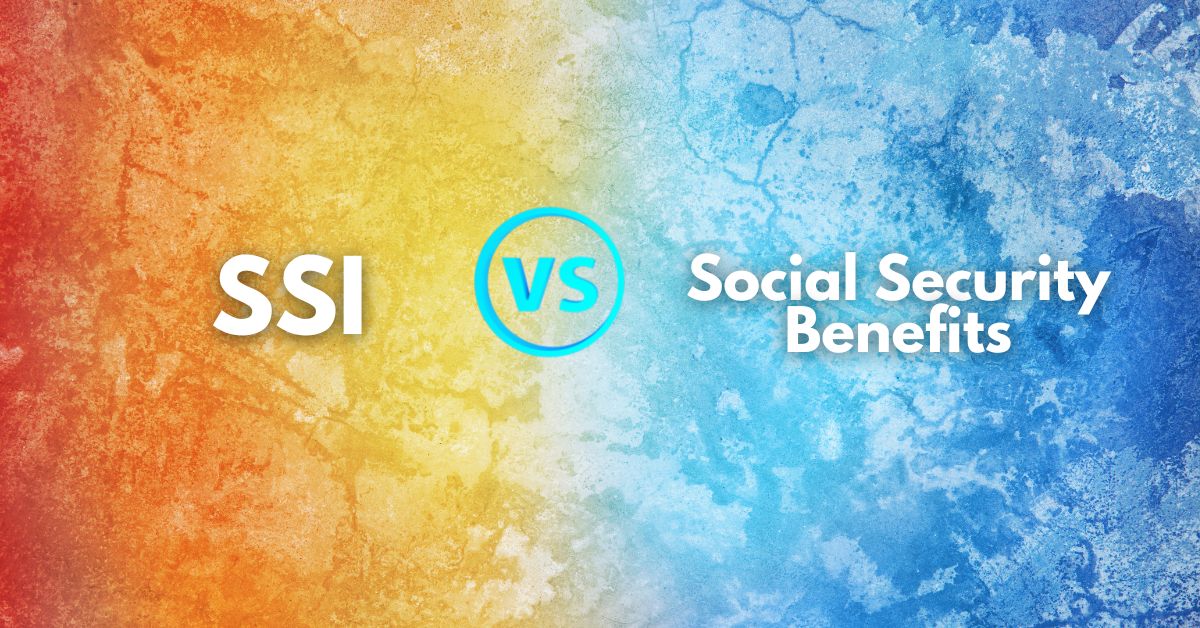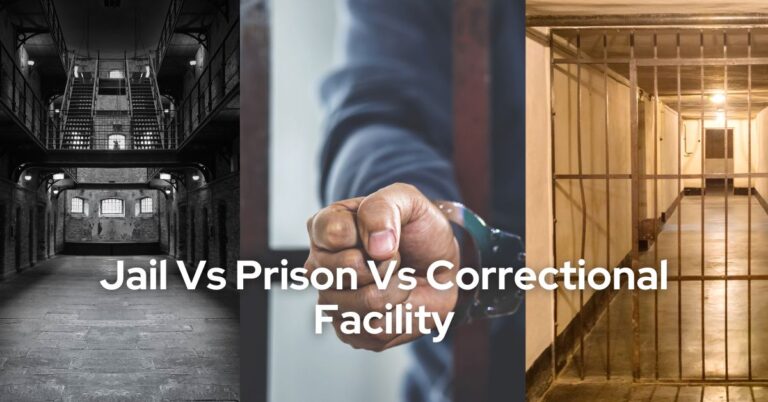Two misleading terms, the difference between SSI & Social Security Benefits is that while one ensures regular monthly aid to individuals with lower income or resources, the other is meant for everyone. Designed for ensuring a better lifestyle to their insured, both these schemes however come under the United States Social Security Administration (SSA).
To know more keep on reading. But before we directly jump to finding the difference between SSI & social security benefits, let’s know what they are and how they work.
What is SSI?
Also known as the Supplemental Security Income (SSI) program, this scheme is one of the many programs regulated by the SSA. Predominantly covering the interests of individuals that have limited income and resources, as in the case of elderly (age over 65 years), disabled, or completely blind, this program can only be availed by a small group of people. This is decided by the concerned regulatory authorities after a thorough verification process and therefore there is no way of doing frauds.
This is however not to be confused with SSDI (Social Security Disability Insurance)
What are Social Security Benefits?
Unlike SSI, Social Security Benefits is a program that every parent applies for their child at birth. This is mandatory in the United States, and hence no exception is allowed. When applied, the insured gets a unique Social Identification Number that is used to keep a track of their income sources and thereby decide and implement the right services for them. The insured has to pay a certain amount every year to the program in the form of Social Security Taxes, which works as an ‘insurance’ for them.
Under this scheme, registered individuals are insured for the entirety of their life against various factors, including job and income related frauds, or other unfortunate instances. The final benefits however solely depend upon the length of your work history and the amount you have paid into the scheme.
What is the difference between SSI & Social Security Benefits?
The difference between SSI & Social Security Benefits solely depends upon:
Scheme Goals
SSI: As the name suggests, SSI is exclusively designed to cater to the needs of struggling individuals in the nation. The scheme offers monthly benefits to eligible profiles, including monthly allowance, and other financial aids. But to get this, the income cap (bank accounts and property value) for individuals must not exceed $841 per month, while for couples the limit is $1,261 a month. Exceeding this criteria will render the application ineligible for SSI benefits.
Social Security Benefits: Also referred to as an ‘insurance’ and ‘retirement’ plan, Social Security Benefits typically helps you better manage your senior years. Like discussed previously, the program is designed to curate interest on your earned income and then gradually come to your aid when you are unable to work much. The plan also protects you and your family in case of unfortunate situations, like disabilities, death, etc.
Funds Requirement
SSI: You don’t need to pay any amount to be enrolled for the Supplemental Security Income (SSI) program. Rather when suffering from a disability, the person will have to apply for the program, get themselves verified and then only can they leverage the benefits. There are various other factors that the regulating authorities check before offering SSI status, hence it is not as easy as it may seem.
Social Security Benefits: Contrary to SSI, an user of the social security benefits has to pay a certain amount in the form of social security taxes until a certain period of time. The amount accumulated is later released in monthly payments and other services, when the payee reaches a specific age limit or suffers from bad fate.
Allowance Source
SSI: The money offered comes directly from the U.S. Treasury’s General Funds.
Social Security Benefits: The money is debited from the total payment made towards taxes paid into the system by an individual or a couple.
Additional assistance
SSI: Under this scheme, the benefactor can receive free Medical and Food assistance in certain regions. This however is dependent upon the local laws, so the final results may differ from place to place.
Social Security Benefits: Unfortunately, there is no provision for free food, medical and health care bills coverage when the payee is in optimal health conditions and is able to generate income. An individual may however apply for seeking the benefits prior to their retirement if their case is special.
Here is a tabular form of all the difference between SSI & Social security benefits, for an easy read.
| Differentiating Factors | SSI | Social Security Benefits |
| Goals | To support eligible individuals who are struggling financially and have minimal resources | To plan a better retirement or insurance plan |
| Fund Requirements | No amount is to be paid | Benefactor needs to pay a certain amount in the form of Social security taxes |
| Allowance Source | The U.S. Treasury’s General Funds | Tax paid to the system |
| Additional Assistance | May offer free medical and food cost coverage | Doesn’t cover medical and food bills (unless falling under a specific category) |
| Benefit Type | Earned Benefit | Paid Benefit |
| Administered by | SSA | SSA |
| Eligibility | Anyone with a disability, blind, or aged 65 years or more | All U.S. citizens |
| Income limit to qualify | Individual income should be lower than $841, and for couples $1,261 | Individuals above the standard poverty line |
This concludes our discussion regarding both the SSA programs and how they can be useful for different individuals.
You may also like:







